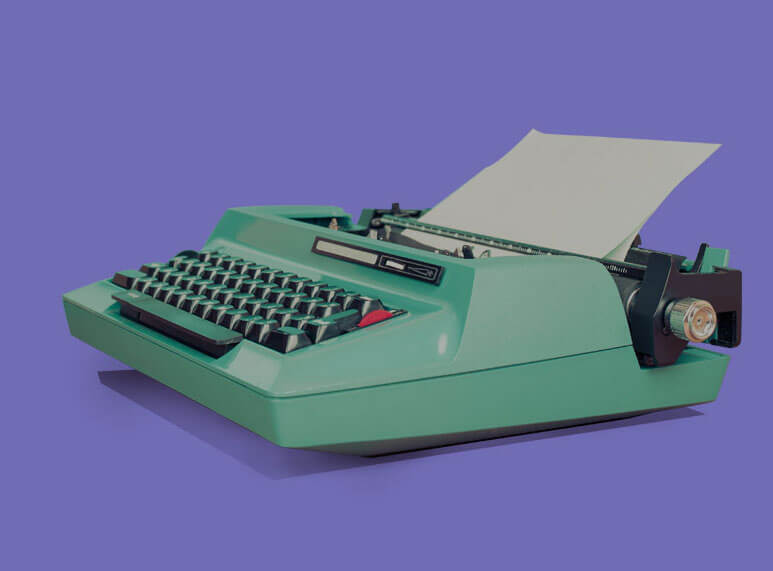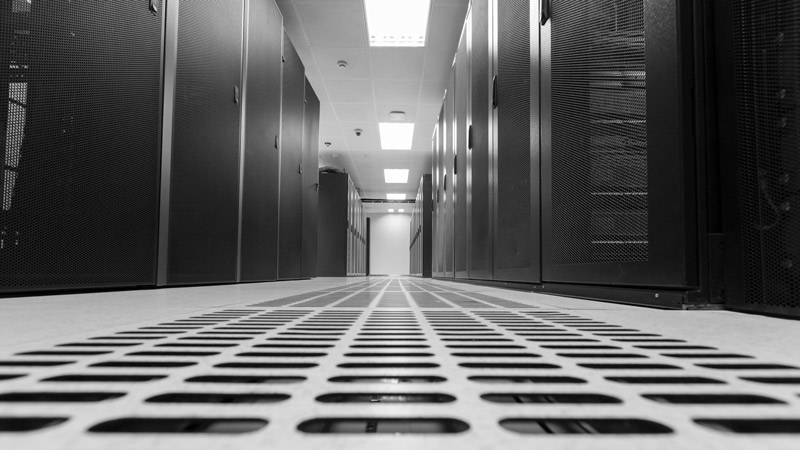Data center operators have their work cut out for them managing the environment of their facilities and making sure things are running smoothly. A well-run data center provides more support for its customers and maintains several important parts: power use and cooling are two examples. In order to keep all systems functioning properly and efficiently, managers need to be able to view crucial metrics for the entire premises, such as server room temperature and power usage. Data center infrastructure management solutions help managers maintain this level of awareness so they can more easily deal with situations that may arise and keep servers running.
What should a DCIM tool have for more effective data center asset management? Here are five functionalities that your DCIM software should offer:
1. Real-time monitoring
Being able to monitor key parts of the data center is crucial. For instance, through the use of temperature and climate sensors, managers can ensure maximum uptime by using those metrics to make changes in cooling systems.
According to a recent report from MarketsandMarkets, the data center cooling market will be worth $11.85 billion by 2020, and this is for good reason. Overheated servers cause unwanted trouble in the data center, from belabored computing to actual server room fires. When servers stay cool, they run better.
Data center managers should also invest in a monitoring system that allows them to see exact numbers from all over the facility. According to Data Center Talk, monitoring devices should include an alert for when temperature, power or humidity measurements go beyond accepted levels. This brings the information to the manager's attention and can potentially prevent issues related to overheated servers or equipment that isn't protecting against surges in electricity.
2. Reporting
Once you have the data aggregated from climate and power monitors, where does that information go? DCIM solutions that connect with temperature sensors and power units will provide real-time data to managers and can make a difference when it comes to preventing potential disasters. According to Data Center Knowledge contributor Michael Potts, DCIM provides crucial data that can reduce repair time and increase server uptime in the long run. This allows the IT staff to conduct predictive analyses on mission-critical equipment in order to ensure server room health.
3. Visualization
An effective DCIM tool works as an eye-in-the-sky in the data center. The data aggregated by the monitoring and reporting portions of the software should be shown on an easy-to-read interface, and some DCIM solutions can even provide a 3-D model of the entire building so that the visualization is comprehensive and easily understandable.
"If you could summarize DCIM in one word, it would be information," Potts wrote. "Every facet of data center management revolves around having complete and accurate information."
Allowing IT staff to swiftly and accurately visualize that critical data is one of the most important functions of DCIM. It reduces incident response errors and helps staff execute the proper strategies when necessary.
4. Asset management
The most important part of any data center operation is the computing equipment. Operators that have the important data provided by DCIM tools can pinpoint where their assets are and how they're functioning within the facility. This leads to better management of equipment and more reliability across the board. Monitoring can indicate when equipment needs critical maintenance, instead of waiting until it's too late.
5. Capacity planning
The predictive analysis provided by DCIM software can be used to analyze potential scenarios and help managers create contingency plans for when incidents occur, but it can help facility operators even earlier in the process of designing the server room or building additional infrastructure. For instance, designers can use the information provided by DCIM to determine where new servers should go and how many should be placed on each rack. Any change in the server room environment can be executed with the most information possible when utilizing DCIM software.
An effective DCIM solution like the one offered by Vertiv has all five of these characteristics and can help data center managers tweak the systems within their facilities in order to achieve peak performance and cost savings. Investing in DCIM now can save operators money and headaches in the long run.





